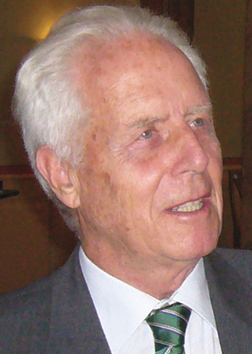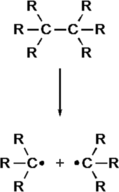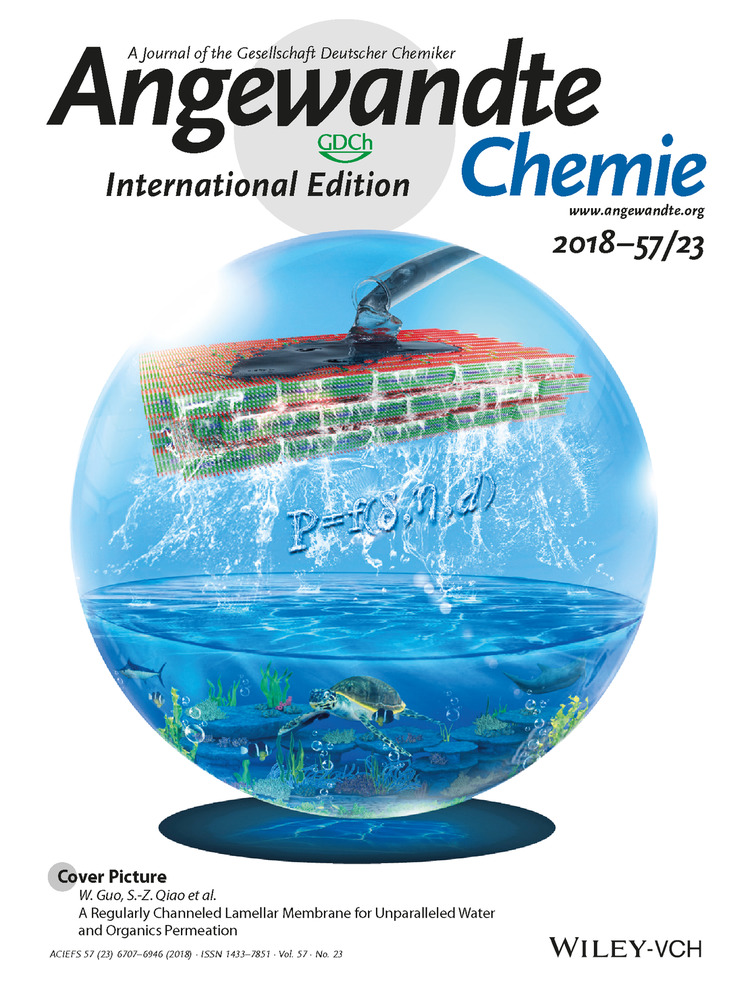Christoph Rüchardt (1929–2018)
Expert in Physical-Organic Chemistry
Rüchardt addressed a multitude of questions in physical-organic chemistry, putting strong emphasis on a deep and accumulated understanding of reactivity, stability, mechanisms, and intermediates. His first independent projects were dedicated to radical and sextet rearrangements, before he started extensive research on the formation of radicals, in particular emerging from azo compounds, peroxides, and highly substituted alkanes. The last compound class determined his work over nearly thirty years, leading to the systematic evaluation of the stability of the carbon–carbon bond from different angles, with a particular emphasis on steric effects. The creation of a complete reaction coordinate required not only kinetic data, but also the careful execution of thermochemical measurements in order to quantify polar, steric, anomeric, and captodative effects on radical stability. Accordingly, the arsenal of methods was extended by modern combustion calorimetry and the respective contemporary computational methods, the accuracy of the latter being challenged by experimental heats of combustion and transition-state energies. With the determination of the heat of combustion of C60 , Rüchardt created a quantitative basis for the understanding of σ-strain and stability–reactivity relationships regarding the most prominent fullerene. In addition, his great knowledge of radical mechanisms allowed extension of the synthetic use of noncatalyzed transfer hydrogenation and transfer hydrogenolysis.
With his many studies, in particular those on the effect of steric strain on the carbon–carbon bond, conformational analysis of complex hydrocarbons and stability, structure and reactivity of carbon radicals, did he not only enrich organic chemistry textbooks, but also gave important insights into the refinement of technically useful radical initiators, for cracking procedures based on thermal decomposition, and for coal hydrogenation.
The scientific merits of Rüchardt were widely recognized with many awards, an honorary doctorate, and memberships of scientific academies. In addition to his scientific activities, Rüchardt was highly committed to social and educational issues. As Rector of the University of Freiburg (1987–1991), he initiated the foundation of, among others, the Faculty of Engineering. In 1996, he was awarded the Officer's Cross of the Order of Merit of the Federal Republic of Germany.
Rüchardt was a great role model for his students, acting with integrity and correctness, and was well-organized in thought and action. He was also archetype, motivator, and guiding spirit for his co-workers through organization, discipline, and unselfish commitment. With his generosity and systematic support for young academics, he set up excellent working conditions for his approximately 90 PhD students and 4 habilitation candidates (Giese, Langhals, Lüning, Schmittel). Almost 300 publications, 94 of them together with his assiduous and congenial companion Dr. Beckhaus, illustrate his work and contribution to science.
Rüchardt was married to his wife Käte for over 60 years and they had three children. His family gave him strength and unconditional support for his far-reaching scientific, university, political, and social activities. As a result, his life and work will not only remain unforgotten in the scientific community but also at the University of Freiburg.






